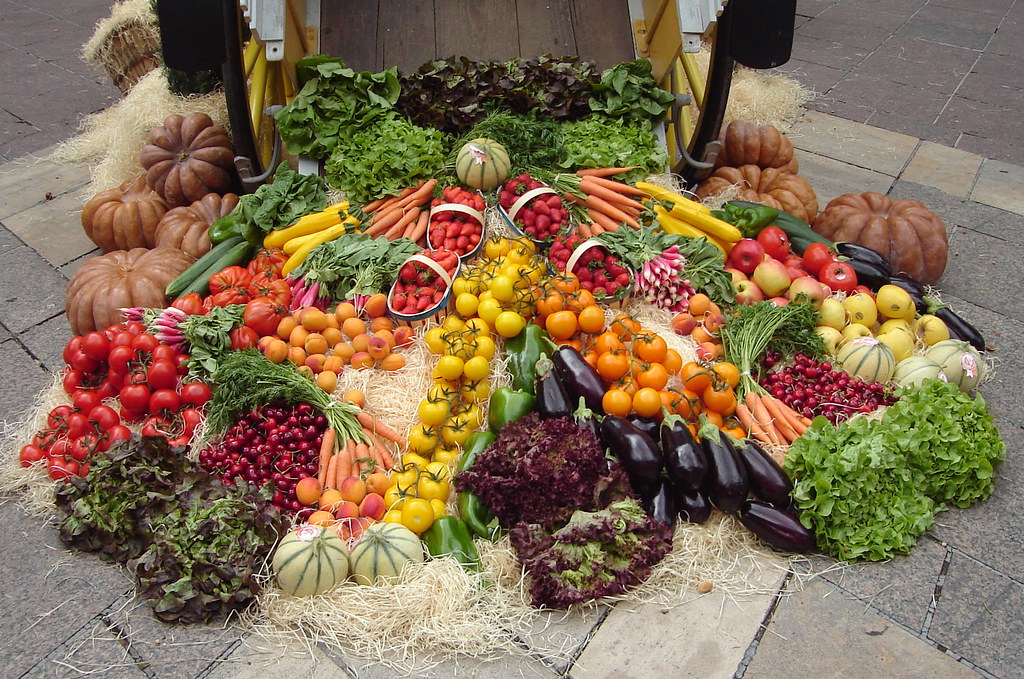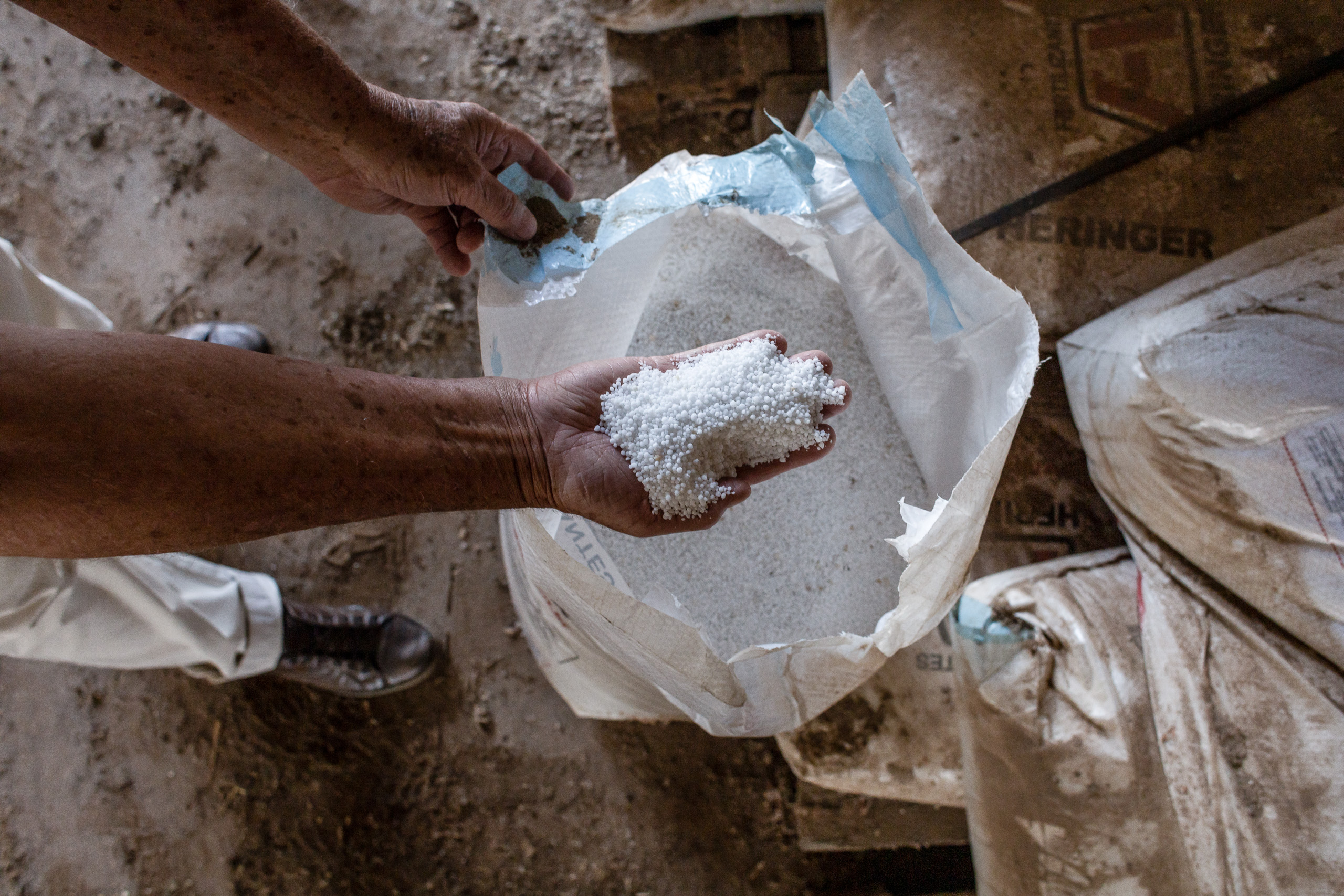In an era where conscious consumerism prevails, the question of choosing between organic and synthetic fertilizers looms large. As our society becomes increasingly aware of the impact our choices have on the environment, it becomes essential to delve into the roots of the fertilizer debate. Are organic alternatives genuinely superior to their synthetic counterparts, or is it simply a matter of personal preference? In this article, we aim to navigate through the world of plant nutrition to help you make an informed decision on what kind of fertilizer to embrace in your own garden. So, whether you envision your plants flourishing amidst all-natural nourishment, or yearn for the efficiency only synthetics can provide, join us as we uncover the facts, delve into the science, and explore the pros and cons of organic and synthetic fertilizers. It’s time to fertilize our knowledge and discover the best solution for cultivating a greener future.

1. Unearthing the Essence: Understanding Organic Fertilizers and their Benefits

Organic fertilizers are nature’s way of nurturing plants, providing a multitude of benefits. By shunning synthetic chemicals, they promote sustainable growth while protecting the environment. Here are some key advantages of organic fertilizers:
- Nutrient-rich: Organic fertilizers contain essential nutrients, such as nitrogen, phosphorus, and potassium, which are crucial for plant health.
- Long-lasting: They gradually release nutrients over time, ensuring a sustained and balanced nutrient supply.
- Soil improvement: Organic fertilizers enhance soil structure, fertility, and moisture-holding capacity, resulting in healthier plants and increased yields.
- Environmental friendliness: They promote biodiversity, reduce chemical runoff, and contribute to a healthier ecosystem.
Switch to organic fertilizers and witness the transformative benefits they bring to your garden or farm. Embrace nature’s wisdom for sustainable growth!
2. Decoding Synthetic Fertilizers: Unveiling Advantages and Environmental Considerations

When it comes to synthetic fertilizers, there is much more than meets the eye. These man-made concoctions deliver several advantages, including:
- Improved nutrient content, ensuring plants receive the required elements for optimal growth.
- Enhanced crop yields, leading to better food production and potentially reducing hunger levels.
- Increased convenience, as synthetic fertilizers can be easily customized for specific soil conditions.
However, it’s crucial to consider the potential environmental impact of synthetic fertilizers:
- Chemical runoff can contaminate water bodies, posing a threat to aquatic ecosystems.
- Excessive fertilizer use contributes to air pollution due to the release of harmful greenhouse gases.
While synthetic fertilizers have undeniable advantages, responsible and controlled usage is crucial to mitigate their environmental footprint. Education and awareness regarding proper application are key for a sustainable agricultural future.
The Conclusion about Organic vs. Synthetic Fertilizers: What to Choose.
In conclusion, the great fertilizer debate has shown us that when it comes to feeding our plants and nurturing our soils, there is no one-size-fits-all solution. Both organic and synthetic fertilizers offer their own unique advantages and drawbacks.
While organic fertilizers are derived from natural sources and promote long-term soil health, they may require more time and effort to provide immediate results. On the other hand, synthetic fertilizers are fast-acting and highly potent, but their overuse can have detrimental effects on the environment and long-term soil fertility.
Ultimately, the choice between organic and synthetic fertilizers depends on your specific needs, gardening goals, and personal values. If you prioritize sustainable practices and are willing to invest more time and patience, organic fertilizers may be the way to go. However, if convenience and quick results are more important, synthetic fertilizers might be a suitable option.
In the end, a balanced approach combining the benefits of both organic and synthetic fertilizers might provide the best outcomes. Considering soil health, environmental impact, and plant nutrient needs, experimenting with different fertilizers and observing their effects can help you make an informed decision.
Regardless of the type of fertilizer you choose, always remember to follow the recommended application rates, as excessive use can harm both your plants and the environment. Regularly monitor your soil’s nutrient levels and adjust your fertilizing practices accordingly.
In our journey to sustainably feed the world and nurture our precious green spaces, let us not forget that the true magic lies in understanding the delicate dance between nature and science. Working harmoniously with the natural processes of soil fertility and embracing innovative technologies will continue to guide us towards a greener, healthier future for both our plants and the earth we call home.
